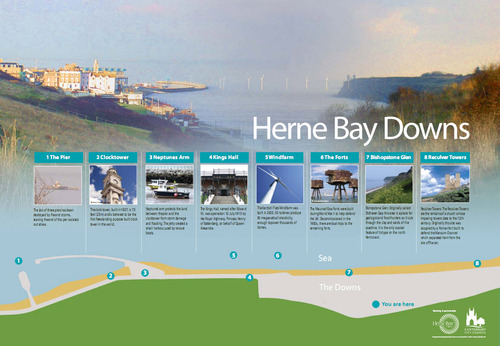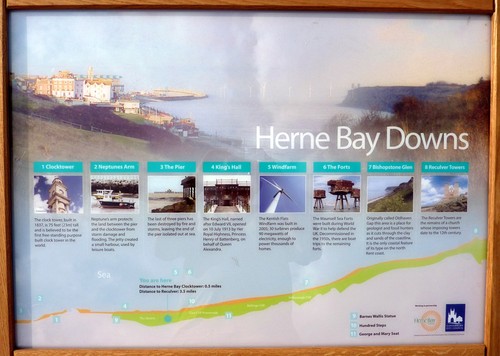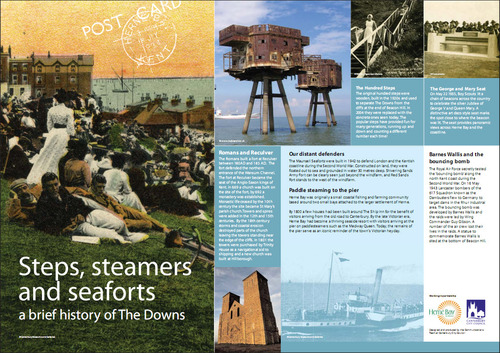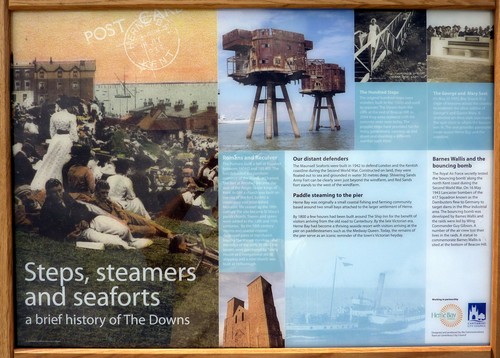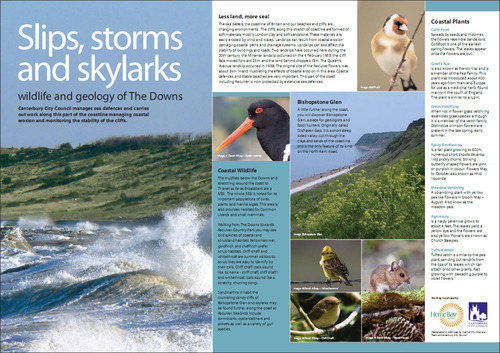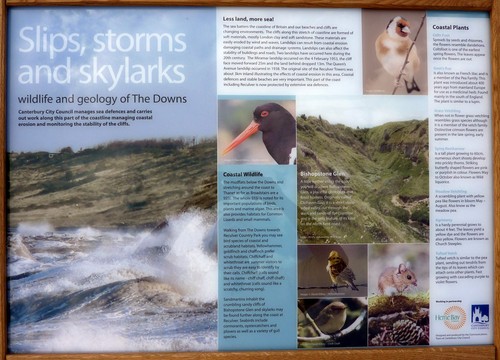The history of the Downs
Herne Bay is lucky enough to have the Downs because, from 1881 onwards, a series of local people gifted plots of land to the town. About half of the site was gifted to the town in this way. There are long-standing covenants between these benefactors and the Council to keep the Downs as a public open space for the recreation and enjoyment of local people and the wider public forever. The Herne Bay Urban District Council, in receiving these gifts of land on behalf of the town, recognised at the time what a great resource and asset the Downs would be to Herne Bay.
 Tithe map - before the Downs, there were fields
Tithe map - before the Downs, there were fields
The other half of the site has come into the hands of the Council for a number of different reasons. Some plots of land were acquired under the powers of the Coast Protection Act. Others have been acquired on the basis of adverse possession.
It is important to the Friends of the Downs to stay true to the original intentions of the town’s benefactors, and to keep the Downs open for everyone to use for lawful recreation, freely and free of charge, forever.
In the town’s Victorian heyday, the Downs was used extensively for that popular pastime – promenading. “A Visitor’s Guide to Herne Bay” published in 1859, has the following description:
“It is a pleasant change from the stroll along the beach to ascend the rising ground at either extremity of the Parade. At the eastern end, you come immediately on The Downs, which though narrow, extend for miles along the coast. Gradually ascending, they form at first an easy slope of greensward, dotted with brakes of furze and heath, and falling away to the level of the beach. Seats planted on the green turf are liberally provided, and no healthier spot can be imagined for exercise and recreation. Here children gambol in freedom an safety in the sea breeze; and after the plunge of bath or bathing machine, of which there are stations just below, nothing can better help to circulate the blood than a bracing walk on The Downs.”
“The New Guide to Herne Bay” published in 1875, describes the Downs as follows:
“The East Cliff, situated beyond the confines of the old town, a parade of an altogether wilder character, is not inappropriately styled “The Down”. Here invalids who cannot make excursions inland may take advantage of the many rustic seats dotted in every direction on these grassy slopes, and enjoy at leisure the exhilarating sea breezes, and the expansive view across the bay below.”

An undated painting, earlier than 1831, shows a crop of what looks like corn being harvested on the Downs and a story going as far back as 1818 tells of two soldiers from the military signalling station at Herne Bay fighting a duel on the Downs.

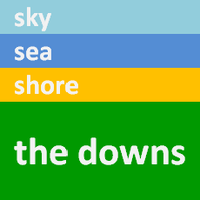

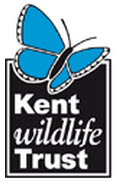








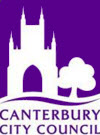

 Post a Comment
Post a Comment